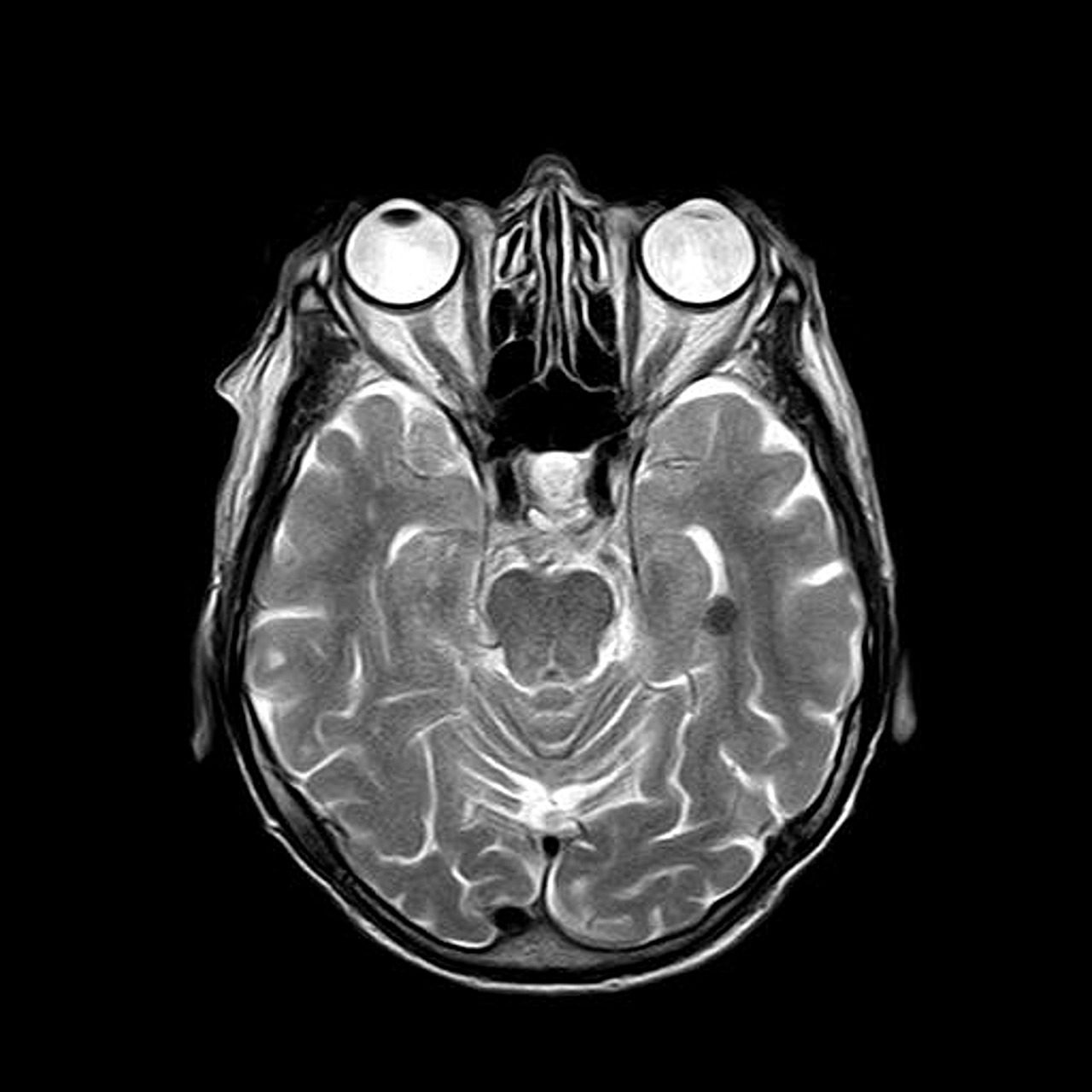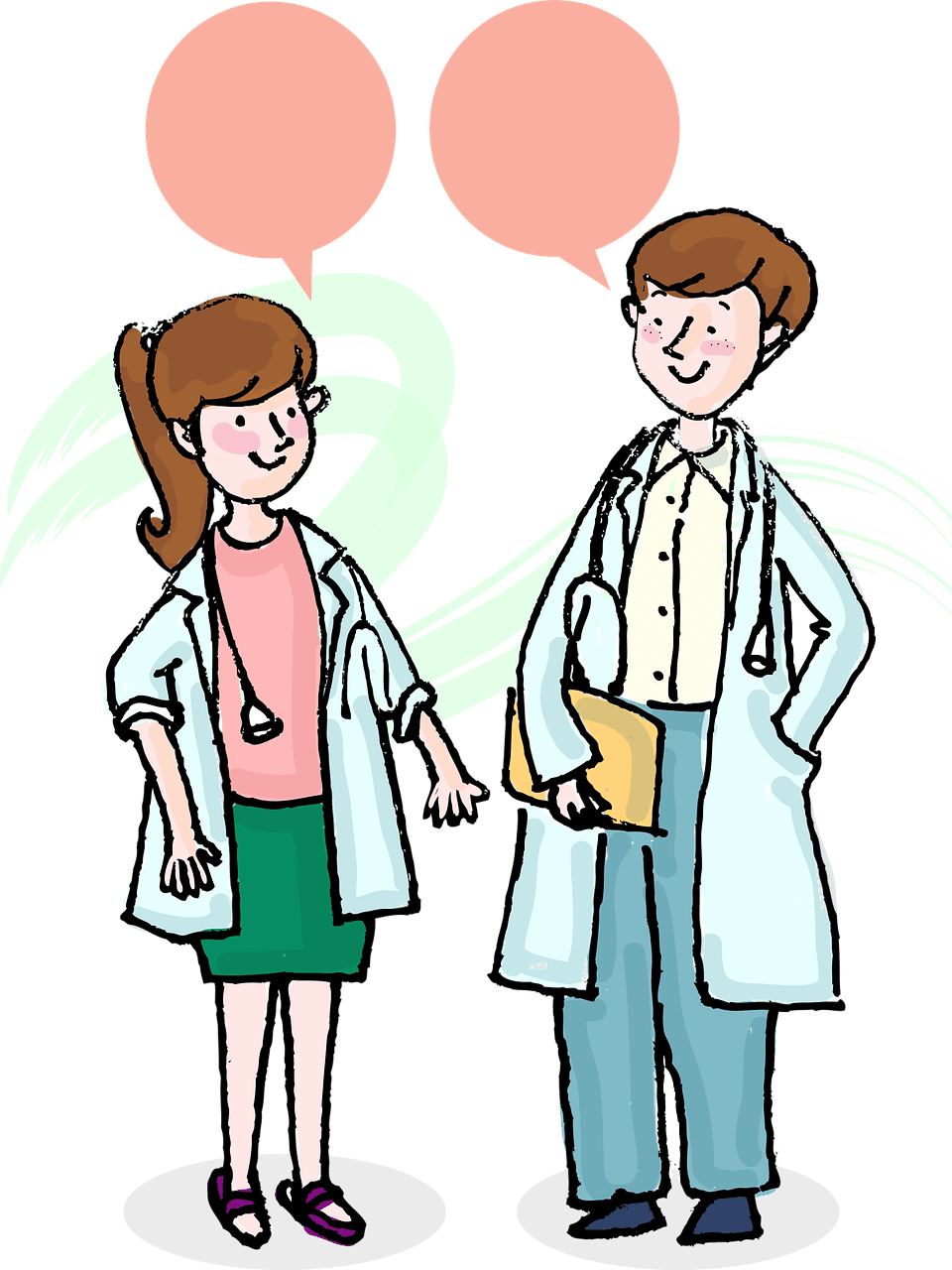
Parentingupstream / Pixabay
The Assorted, Incredible, Indispensable Species of Doctors. Thank you all!
Although I have spent my career in emergency medicine, I’d like to take a minute to give a ‘shout out’ to all the other physicians with whom I have interacted over the years. This is also to give a brief overview, for the lay public, of what sorts of things different physicians do on a day to day basis.
To the family doctors, who have increasingly crushing demands on their time, who are consistently paid far less than they are worth, I appreciate your dedication to keeping individuals and families healthy. I can’t imagine the patience it takes to do your work, and to see the same difficult, complicated patients year after year and offer them your skills and compassion. You deal with long hours and call, as well as charting and billing requirements that just get harder (and less rewarding). Thank you, and keep up the great work!
Here’s to the Internal Medicine physicians, who do a ‘deep dive’ on complicated medical problems, and who have endless patience for hypertension, diabetes, stroke and heart disease, and every other difficult issue (many of which are caused by lifestyle). I could not be an internist. My attention span is far too short. But I appreciate your insights when I call and ask about your patients. Like family physicians, internists are often underpaid and over-worked, and over-tasked with complicated rules and regulations, even as they labor to keep grandma’s blood sugar under control, and her grandson’s kidneys working normally. You’re awesome.
Pediatricians? Well done. As they say, ‘it’s not the kids, it’s the parents.’ Lots of truth there, but the kids can be tough too. Generally on biological auto-pilot, the little rascals can get crazy sick and seem determined to fool you in the process. Every day you’re dealing not only with normal kid stuff, but also parental anxiety about every bump, rash, fever or cough. And into the mix? The whole anti-vaccine drama. In the dictionary next to ‘underpaid’ is a picture of a pediatrician, up to her neck in paperwork and nasal drainage, doing her best to keep the kids healthy.
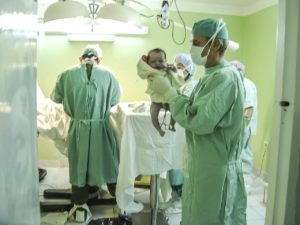
eloisa / Pixabay
My first clinical rotation in medical school was OB/Gyn. To those who labor (pun intended) in that specialty, hats off. The pressure is remarkable and the call is brutal. Admittedly, pregnant moms are just designed to make new human beings. But when it goes bad, it goes bad enough to make even this emergency physician break out in a cold sweat. You deal with parental anxiety, with complications, with drug abuse and with terrible social situations and do it all with compassion. And you’re often up to your ankles in gross fluids and stuff. Respect.
I considered going into surgery. But I realized that the OR was just too cold. And I couldn’t endure a five year residency that started at 4 am every day. Like internal medicine and family practice, you gals and guys often have patients for a very long time, deal with chronic problems, with recurrent cancers and infections, with assorted trauma, with medical non-compliance and with problems from surgeries that happened before you ever met them. Call? You folks know how to power through, right there with OB/Gyn. I can diagnose a lot of things, and I can stabilize them for a while, but without the skills of surgeons my patients would cease to be stable all too fast. The things people survive now that would have killed them only 40 years ago? Incredible. Thank you for your dedication to fixing the human body. ‘Bright lights, cold steel, a chance to cut is a chance to heal,’ as I learned in med school. I also learned some other aphorisms that were kind of inappropriate…
Orthopedic surgeons, ‘the bone gods’ work to keep keep human beings active and functional, and put together the pieces (often quite literally) after sports injuries, car crashes, falls, bone infections, bone cancers and anything else that afflicts the human musculoskeletal system. Their residency is also grueling, and physically demanding because as some have pointed out, orthopedics is carpentry on people. We appreciate you in all your plaster-covered, tool-wielding, football loving, macho glory. (And that goes for the females of the species as well.)
Neurosurgery? I’ve spoken with a lot of you folks over the years, given the fact that people with brain hemorrhages, head and spine injuries all tend to show up in the ED. Your calm and expertise, in the face of terrible injuries and illnesses, is truly heroic. I appreciate your boldness and confidence, and your willingness to be available at all hours. I mean, it takes some guts to operate on brains and spinal cords and I’m amazed at the wonderful things you can do. It was a hard seven year residency, and I know that your daily schedule is grueling, but you do so much good. Thanks for that.
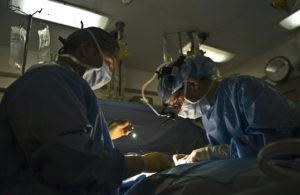
12019 / Pixabay
Neurology is pretty cerebral. (See, another pun!) I used to call a neurology friend when he was on call and, from a dead sleep, he would tell me the entire neurological pathway that would produce or not produce the symptoms my patient was having. Your knowledge of the nervous system is remarkable. I’m still struggling with dirty mnemonic devices for the cranial nerves. And your job got harder when we started treating stroke with thrombolytics (clot busters for the non-medical), all of which put you under the gun and on the clock. So thanks for what you do.
Anesthesiologists have a great job that goes from relaxing to terrifying in an instant. If not for you all, we’d still have to get 1) hit on the head, 2) get blindingly drunk or 3) simply deal with the pain of surgery. Not only do they put us to sleep or give us nerve or spinal blocks before procedures, many of them care for patients dealing with the misery of chronic pain. Others work in critical care, managing the sickest of the sick who are on ventilators and who need IV medications just to keep their blood-pressures close to normal. And they typically do it all while listening to excellent tunes on their iPods.
Pathologists are experts at the essential skill of identifying the evidences of disease in tissue samples; whether chronic inflammatory conditions, cancer, autoimmune disorders, blood abnormalities, infections and everything in between. They also tend to manage hospital labs. And, they poke, prod, open, sniff and generally evaluate our dearly departed to make sure that nothing untoward happened in the process. Are you docs always as cool as the TV pathologists? I hope so. Without pathologists, the rest of us would often be working in the dark in terms of diagnostic certainty.
Darkness, however, brings me to radiology. All day and night radiologists sit in reading rooms, looking at Xray, CT, MRI and ultrasound images to help us know what it is we’re treating. This is a job that requires that physicians identify the subtlest of changes on scans that are often simply shades of gray. While the rooms are dark, there is the opportunity to listen to nice music and keep plenty of snacks on hand. These days radiologists also do a lot of intervention, taking tissue samples, putting in large IV lines, doing lumbar punctures, sucking out the clots of strokes, repairing aneurysms and bleeding pelvic fractures and who knows what else. They make modern diagnoses possible, and do procedures unheard of in years past. And generally, without having to talk directly to pesky patients. Good choice!
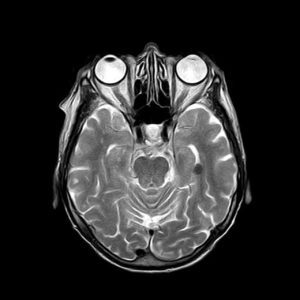
toubibe / Pixabay
There are so many others: ophthalmologists who operate with lasers, implants and other amazing devices on the human eye, and who actually understand the physics involved. Otolaryngology/Head and Neck Surgeons (also known as ENT, or ear, nose and throat docs). There’s a lot of stuff packed in that area, and you operate on infections, cancers, bullet and knife wounds, and even operate through the tiny nose and ear holes, and sinus openings, God pre-positioned for your specialty. Excellent work.
I could never in a bazillion years be an oncologist; not since my wife’s cancer. But those physicians manage to treat, stabilize and often cure cancer, as well as show enormous patience and compassion to those who suffer it, and their families. And when there is no hope in sight, they manage to bring calm and comfort. You amaze me with your resilience.
I could go on. Cardiologists who manage the increasingly successful and complex cardiac patients of the world. Pulmonologists who deal with asthma and emphysema and all the rest in a world that keeps them working if only because smoking is still a thing. Immunologists who face parents, peanuts and anaphylaxis and all manner of complex conditions I can barely recall from school. Endocrinologists, without whom my strapping 22-year-old son would not have navigated diabetes with such great success. Rheumatologists and the terrible auto-immune diseases they research and seek to manage. Infectious disease specialists who wade around in infections that may well be mutated alien life forms, but manage to control them.
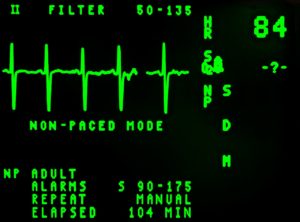
PublicDomainPictures / Pixabay
Intensive care physicians, adult, pediatric and neonatal, who manage the sickest of the sick to bring them back to their families and who go home and cry all too often because the sorrow was too great.
Occupational health physicians who try to make work safer and work-related illness and injury tolerable.
And everyone else I’ve missed.
The thing is, it’s a tough gig, the doctor thing. But you are all lights in the darkness.
So thank you.
This relatively simple emergency physician couldn’t do this job without having all of you at least a phone-call away.
P.S. If I’ve missed you and you want to plug your work, or if I mentioned you and you have more to say, leave it in the comments. And remember, future physicians are reading!

